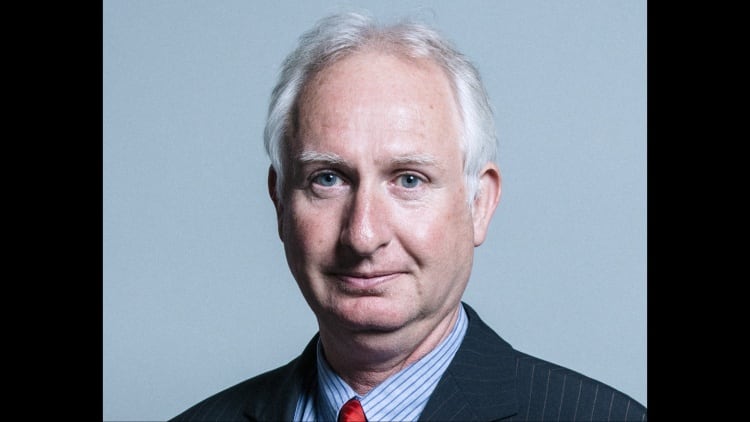Reed, who became the secretary of state for environment, food and rural affairs in July 2024 following the Labour Party’s general election win, has been made housing secretary following the resignation of Angela Raynor over her failure to pay the correct amount of stamp duty on a house in Hove.
To replace Reed, Reynolds has moved across from her former role as city minister. The Wycombe MP was re-elected in 2024 after five years away from parliament during which she worked as a lobbyist for a financial sector advocacy group.
Elsewhere, farming minister Daniel Zeichner has been moved out and returned to the backbenches and replaced by Angela Eagle. Zeichner had served as chair of UK Food Strategy Advisory Board, a body set up by Reed to facilitate the creation of a national food strategy.
In response to the changes, NFU president Tom Bradshaw said that he looked forward to working alongside Reynolds.
“I hope she uses the role to champion farming, ensure its high production standards are valued and invest in its future with policies that back British farming and deliver for food security,” Bradshaw continued.
“I would also like to thank Steve Reed MP for his time in post. Despite not always agreeing, we developed a strong working relationship and his door was always open to the NFU. He recognised the planning system needed significant change to enable investment in the farm infrastructure of the future. I am confident he will be able to support rural growth and farming communities in his new role at the Ministry of Housing, Communities and Local Government.”
Meanwhile, Provision Trade Federation general secretary Rod Addy explained the challenges facing Defra and new ministers in understanding the food sector.
“The food supply chain is hugely complex and it takes a lot of experience to understand how different parts fit together,” Addy said.
“In addition, the food industry has a lot of overlapping voices within it. Most industries are represented by one or two trade associations, for example, whereas the food industry boasts a good 20 to 30. Understanding how they all interrelate and endeavouring to engage with all of them is a mammoth task.
“DEFRA procedure exists for a reason. There must be checks and balances to political power. However, increasingly government is under pressure to deliver quickly and this creates friction both in legislature and in parliamentary process. Government and the civil service do need reform to speed up decision making and implementation, but the way forward is not immediately obvious.”




